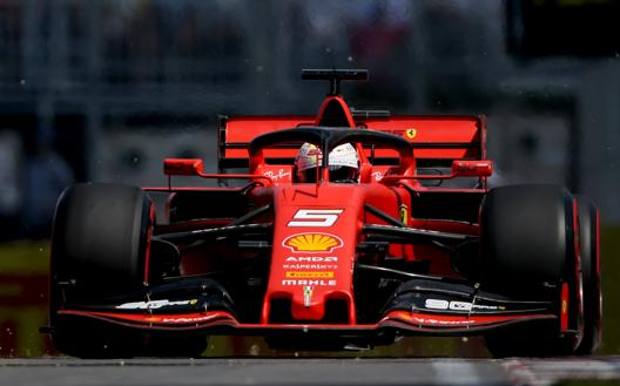Silverstone would be willing to host an unprecedented two successive grands prix without spectators to help Formula 1 fight back from the coronavirus crisis, according to circuit boss Stuart Pringle.
Pringle told Sky Sports earlier this month that Silverstone were ready to help the sport in any way – with two consecutive races discussed – and talks between F1, its 10 teams and the FIA have ramped up in recent weeks, with all European races taking place behind closed doors a strong possibility.
The British GP is currently stated to be the third event of the season on July 19, after races in France – which is expected to be the 10th race to be called off – and Austria.
“We have been asked could we hold a race or two and could they be behind closed doors,” Pringle, whose circuit drew the biggest crowd of any last year, told the Guardian newspaper.
“The answer is absolutely, we are open to looking into anything and everything.”
F1 are hoping to start the season in the European summer with a revised and reduced schedule that could run into next year.
No circuit has ever hosted two races in succession in the same season.
“I have complete confidence in our ability to put on these events. We have a lot of experience, a lot of knowledge, we can turn that on definitely,” added Pringle.
.
FORMULA 1 IS ALSO VIRTUAL ON RABONA … FIND OUT MORE

.
While some countries are starting to ease strict lockdown conditions imposed to tackle the coronavirus crisis, events involving large crowds of people are likely to remain banned for some time.
Official guidance in Britain is for people to stay at home and to practice social distancing if they do have to go outside.
Every race on the original F1 calendar has been cancelled or called off up to the French Grand Prix at Le Castellet on June 28, but that is also expected to be postponed.
That would leave Austria on July 5, at a circuit owned by energy drink Red Bull who have two F1 teams, two weeks before the British Grand Prix at Silverstone.
Silverstone, which is a short drive from seven of the 10 F1 teams’ headquarters, also hosted the first world championship grand prix in 1950.
“They can’t set this ball rolling unless they have a solution that stands a fighting chance of running successfully over multiple races,” said Pringle.
“That timescale would suit us if we didn’t have to put in the infrastructure for accommodating the public.”

